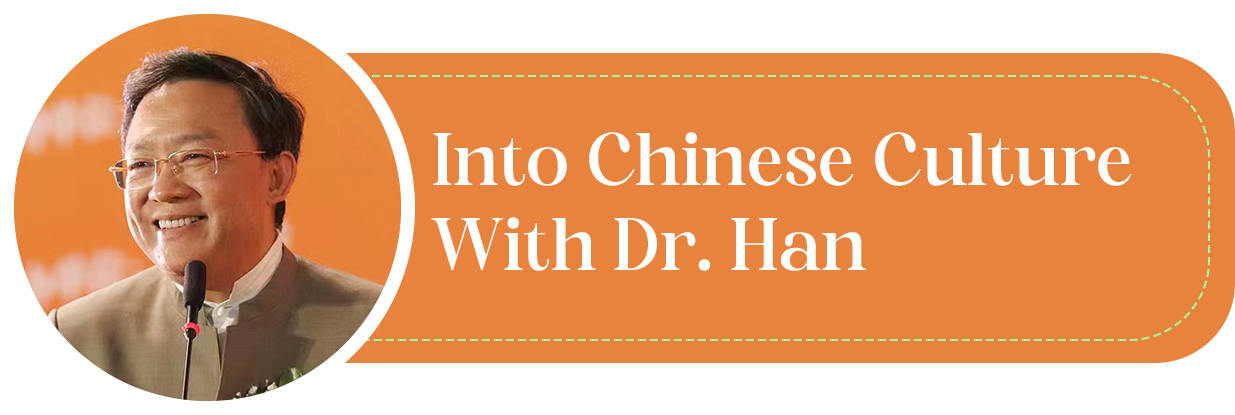Cultivating virtue and wisdom through simplicity
Writer: Han Wangxi | Editor: Zhang Chanwen | From: Shenzhen Daily

Here's a story from “A New Account of the Tales of the World,” a collection of ancient anecdotes and tales from the Southern Dynasty (420-589).
Pang Tong, from Nanjun, heard that Sima Hui resided in Yingchuan, so he decided to make the 1,000-kilometer journey to visit him. Upon his arrival, Pang was surprised to find Sima was picking mulberry leaves.
Without getting of his carriage, Pang told Sima: “I heard that a man in your position would enjoy all the trappings of wealth and prestige, such as gold on the body and purple ribbons of honor. Instead, I find you participating in the labor normally assigned to women. How can this be?” His words revealed a condescending judgment.
Unflustered, Sima replied: “You have rushed through life so swiftly that you seem to have lost your way, straying from the righteous path. Bocheng Zigao was not envious of the luxuries of the princes; instead, he cultivated the field by himself. Yuanxian chose to live in a humble thatched-roof dwelling rather than chase after ostentatious residences. Who among the righteous would really care for opulent palaces, robust horses and a gaggle of wives and concubines? This is also the reason why hermits like Xuyou and Chaofu expressed their heartfelt sighs, as well as the cause of Boyi and Shuqi’s deep lamentations. Without noble character, even if one possesses the title of a high-ranking official like Lyu Buwei in the State of Qin or great wealth like Duke Jing of Qi with a thousand fine horses, it is not worthy of respect and lacks true value.”
Taken aback by the wisdom imparted, Pang reflected: “I was born in a remote and isolated area, ignorant of such profound teachings. It’s like having a grand bell or a thunderous drum in your vicinity, but until you strike it yourself, you wouldn’t realize the depth and resonance of the sounds it can produce.”
During the Three Kingdoms period (220-280), Zhuge Liang stated, “Calm the self to cultivate virtue, and practice frugality to nurture the spirit.” The essence of this maxim is harnessing tranquility and simplicity to foster moral and spiritual growth.
The ancients believed that a true gentleman interacts with material things without becoming enslaved by them. Today’s world, abundant in material wealth and consumer products, can often lead to the misconception that a prosperous material life equates with spiritual abundance and contentment. On the contrary, people become so engrossed in their desires for material wealth that they lose touch with the virtues of simple living, hard work, forgiveness and generosity.
What should our life’s guiding principles be? The answer is cultivating virtue and wisdom through simplicity.
(The author is a cultural scholar.)
(Translated by Shenzhen Daily)